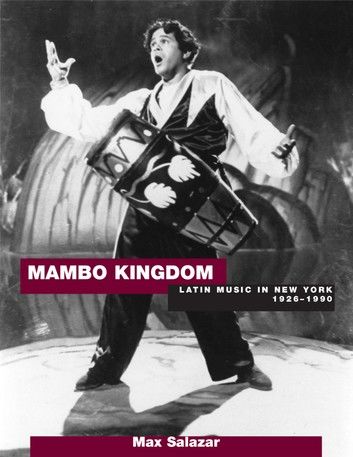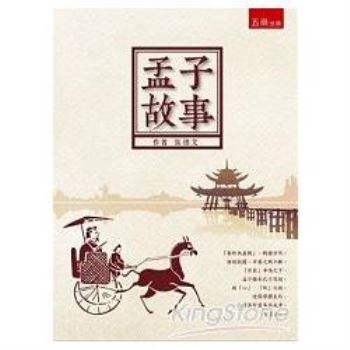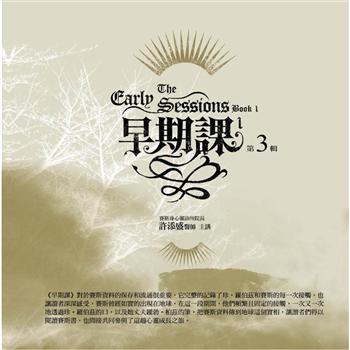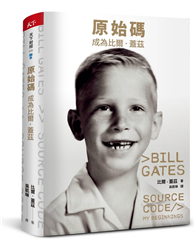| FindBook |
有 1 項符合
Mambo Kingdon: Latin Music in New York的圖書 |
 |
Mambo Kingdon: Latin Music in New York 作者:Max Salazar 出版社:Music Sales Limited 出版日期:2010-10-07 語言:英文 |
| 圖書館借閱 |
| 國家圖書館 | 全國圖書書目資訊網 | 國立公共資訊圖書館 | 電子書服務平台 | MetaCat 跨館整合查詢 |
| 臺北市立圖書館 | 新北市立圖書館 | 基隆市公共圖書館 | 桃園市立圖書館 | 新竹縣公共圖書館 |
| 苗栗縣立圖書館 | 臺中市立圖書館 | 彰化縣公共圖書館 | 南投縣文化局 | 雲林縣公共圖書館 |
| 嘉義縣圖書館 | 臺南市立圖書館 | 高雄市立圖書館 | 屏東縣公共圖書館 | 宜蘭縣公共圖書館 |
| 花蓮縣文化局 | 臺東縣文化處 |
|
|
圖書介紹 - 資料來源:樂天KOBO 評分:
圖書名稱:Mambo Kingdon: Latin Music in New York
Shortly after Puerto Ricans were granted U.S. citizenship in 1917, they began moving into an uptown Manhattan neighborhood that would become known as "Spanish Harlem." By 1930, Afro-Cuban music had gained a firm foothold in the city, setting the stage for the mambo, boogaloo, salsa and Latin-jazz scenes that followed. In this collection of profiles and essays, Max Salazar, perhaps the most eminent Latin-music historian in the United States, tells the story of the music and the musicians who made it happen, including Tito Puente, Machito, Tito Rodriguez, Charlie and Eddie Palmieri, Hector Lavoe and many others.
|


![如果停不下來,就先學會慢下來:52種簡單易行的正念練習,幫你化解壓力,找回專注力[靜心升級版] 如果停不下來,就先學會慢下來:52種簡單易行的正念練習,幫你化解壓力,找回專注力[靜心升級版]](https://cdn.kingstone.com.tw/book/images/product/20117/2011760340723/2011760340723m.jpg)








